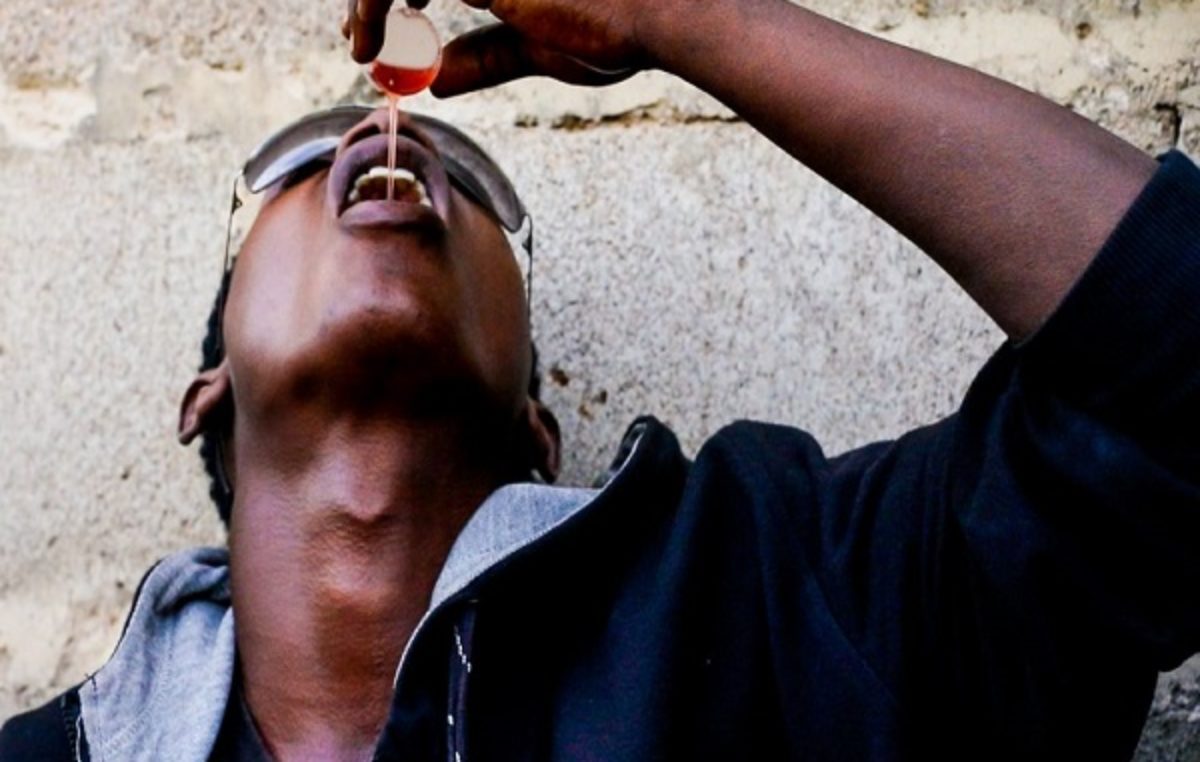Lassa Fever Outbreak Slows, Reduces Risk To Investors —WHO
The World Health Organization, WHO, has said that reduction in the spread of Lassa fever has reduced the risk posed to investors.
According to a latest official WHO data, “The spread of the recent Lassa fever outbreak in Nigeria has slowed and as a result the number of confirmed cases has risen much more slowly in recent weeks, reducing the risk posed to investors in the World Bank’s pandemic swaps and catastrophe bonds.”
According to WHO, Lassa fever is one of the pandemic risks covered under the terms of the Class B tranches of pandemic swaps and cat bonds issued under the PEF transaction by the World Bank’s International Bank for Reconstruction and Development (IBRD) last year.
It will be recalled that Lassa fever outbreak in Nigeria was confirmed by the World Bank as an “Eligible Event” under the terms of the Class B pandemic swaps and pandemic catastrophe bonds, that had been issued to support the financing of the Pandemic Emergency Financing Facility (PEF).
Then, at the end of March, the number of Lassa fever confirmed deaths was seen to increase, raising the risk to the pandemic bonds and swaps.
Having published its latest official data on the Lassa fever outbreak in Nigeria, the WHO reports that the rate of confirmed cases and deaths has declined significantly in recent weeks.
The number of suspected cases rose to 1,495 and suspected deaths to 119, while the number confirmed is now put at 95 deaths out of 376 confirmed cases.
The percentage of confirmed cases that resulted in death has actually risen slightly, but the WHO says that overall, “there has been a downward trend in the weekly reported number of Lassa fever cases with less than 20 cases reported each week in March and only five new cases reported in the week ending April 15, 2018.
This declining trend needs to be interpreted with caution as historical data shows that the high transmission period has not passed.”
The number of Lassa fever deaths remains far below the trigger point for the pandemic cat bonds, with the Class B notes only beginning to payout once there are 250 WHO confirmed deaths from the outbreak, which would result in a 15 percent payout of the principal from the tranche.
With the outlook perhaps looking brighter for this Lassa fever outbreak coming under control it is probably too early for the cat bond to be considered totally safe though, especially as the rate of deaths to confirmed cases remains high in this outbreak.
As a result, the World Bank will continue to monitor developments in Nigeria closely, as will the investors in the pandemic cat bond and swaps.




